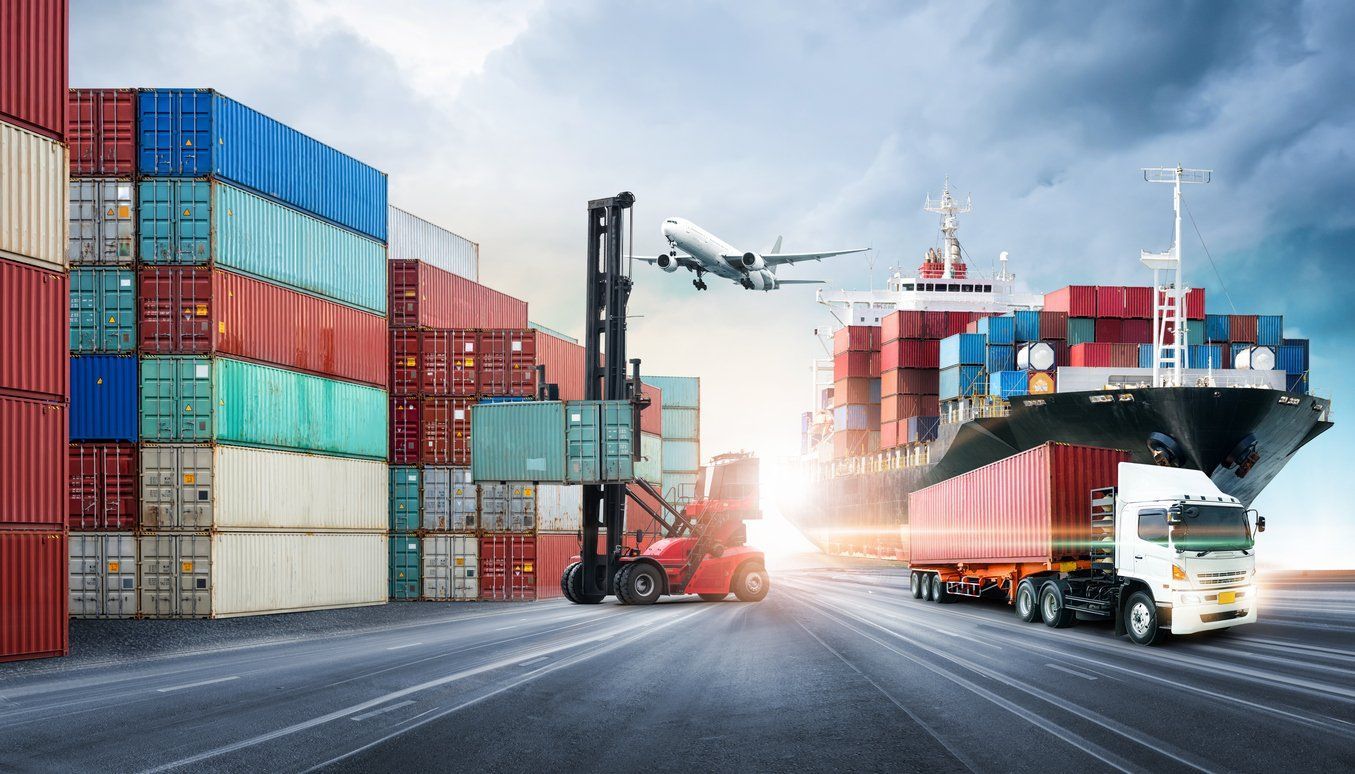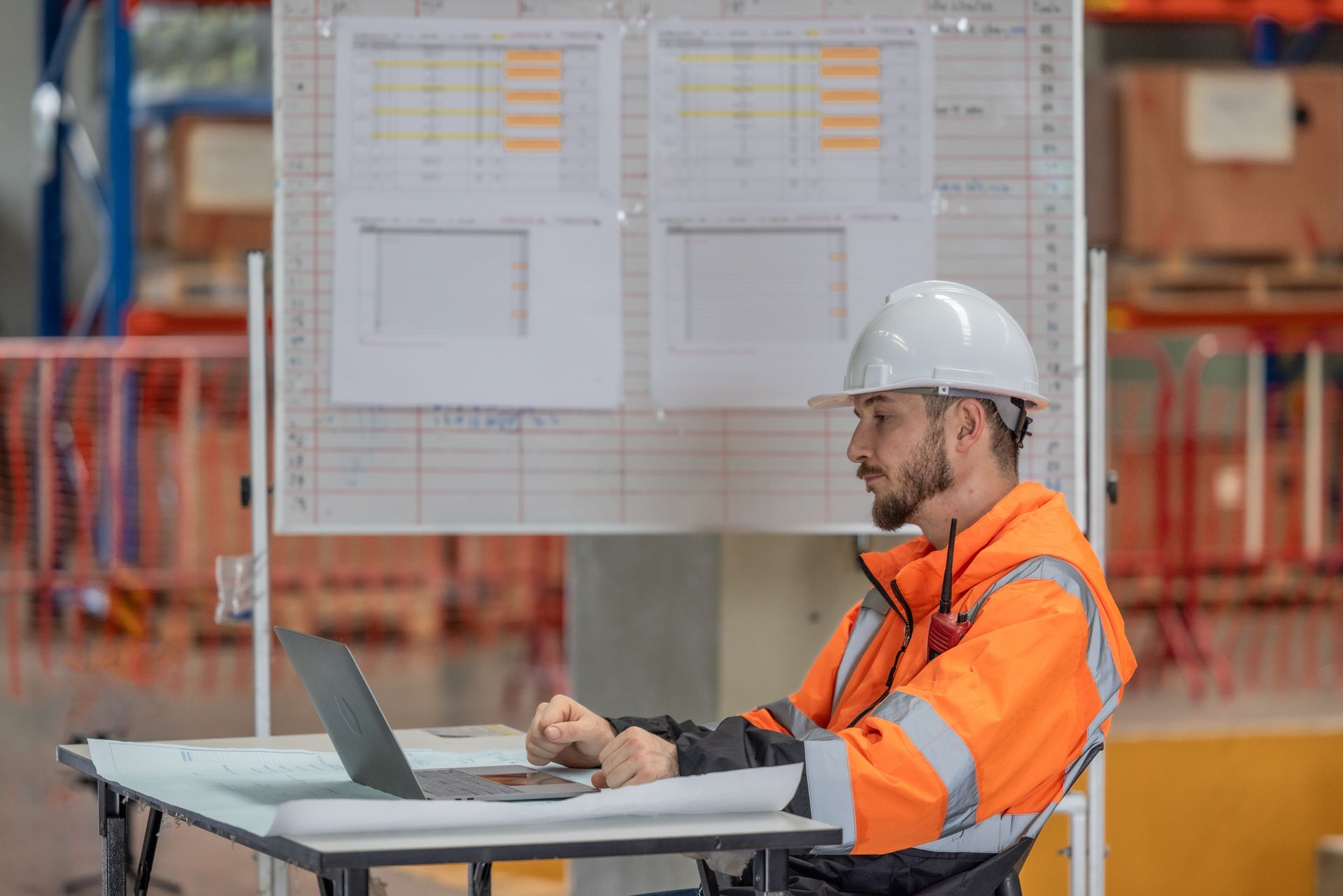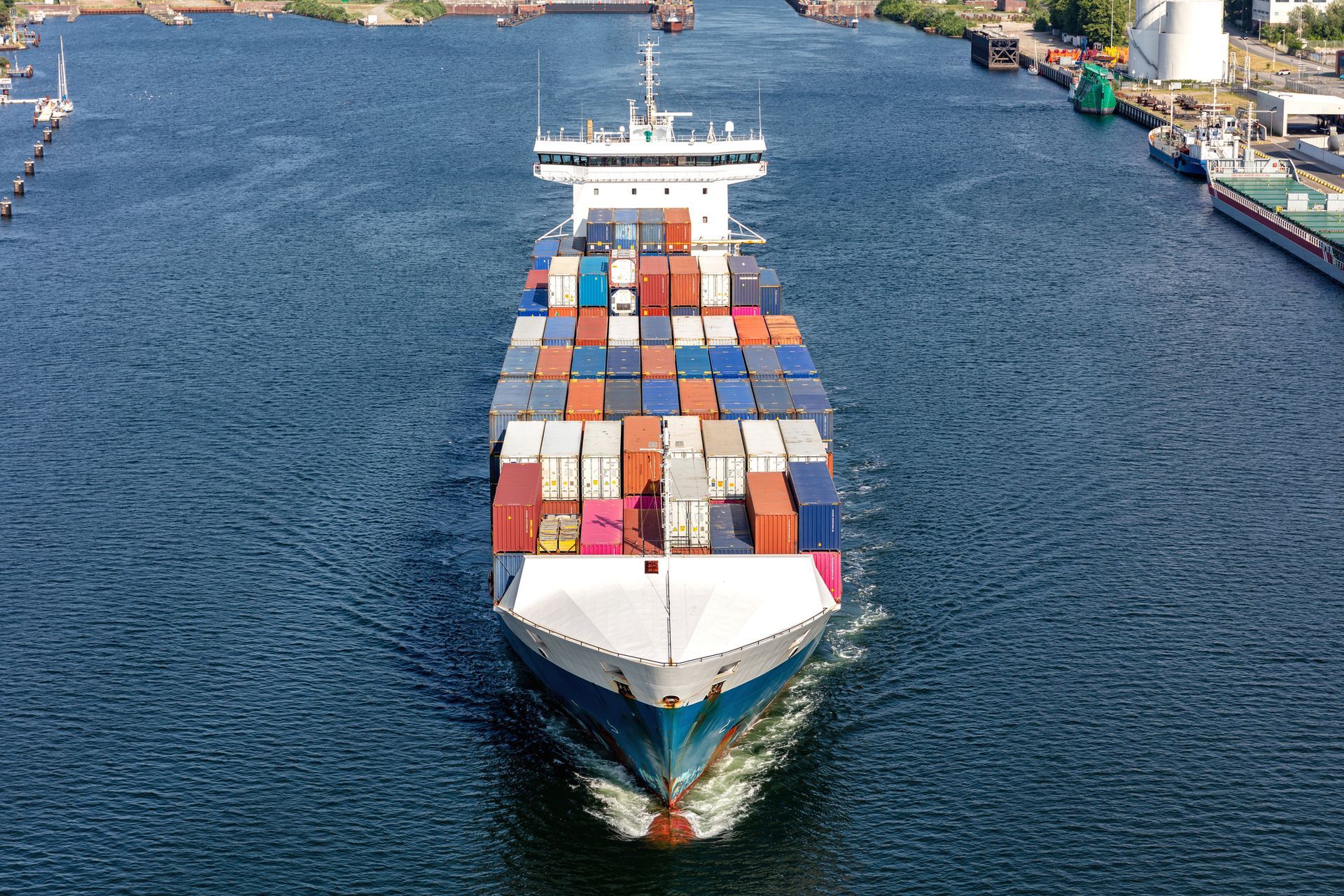
In any context, commercial activities require a minimum logistics infrastructure to occur. This includes everything from a small factory to a large software producer.
This is a characteristic of logistics, as it encompasses routine activities such as storage, movement, and distribution of goods. Therefore, we can consider that it is present in our daily lives.
On the other hand, it can reach very high levels of complexity, depending on various factors. The quantity of cargo, the distance between distribution points, the nature of the product, territorial regulations: all these factors influence the logistics infrastructure.
It is reasonable to assume that when it comes to international trade, we are dealing with the highest level of logistical complexity. After all, it involves even greater cultural and legal differences than usual, as well as various processes and agents acting in an interdependent relationship.
NVOCC (Non-Vessel Operating Common Carrier) companies play an important role in this scenario, although knowledge about what they are and what they do is not very clear to most people, even those working in foreign trade.
In this article, we will provide some relevant information on the subject. Continue reading!
How Does the Logistics Infrastructure of International Trade Work?
The purpose of a logistics infrastructure is to optimize the flows responsible for getting a product from the manufacturer to the final consumer. Thus, it will always aim to:
- Centralize and standardize operations;
- Ensure quality while reducing errors and costs;
- Guarantee that goods arrive in the correct quantity;
- Provide control over reception and delivery routes;
- Contribute to the satisfaction of the final customer.
However, international trade imposes additional points of attention, specific to the transit of goods across borders. It is necessary to consider, for example:
- Translation of invoices and other relevant documents into the languages of the countries of origin and destination;
- Understanding and ensuring that the laws of each territory are observed;
- Knowing and applying global standards and regulations, such as Incoterms;
- Considering what is dictated by possible international trade agreements.
Therefore, the logistics infrastructure for import and export can take different orientations depending on the nature of the products, quantity, distance, origin, and destination.
The Importance of Logistics for Foreign Trade
The importance of logistics for foreign trade is implicit in the objectives of this activity. It is what provides efficiency to import and export processes, contributing to the success of commercial relations between countries.
In a global market, logistics infrastructure is crucial to ensuring the competitiveness of territories, thus influencing a broader economic and political landscape for countries.
International Infrastructure Involves Different Operators
For the entire process of international logistics to occur perfectly, it operates with different operators, centralizing the responsibility of coordinating actions in one of them.
Some of these agents involved in the international logistics infrastructure are little known or have unclear functions, even to people in the segment. Among them, NVOCC companies are among the least understood operators.
Ironically, among the foreign trade logistics operators, NVOCCs are the ones that always interact with other actors, offering a differentiated and crucial contribution to the functioning of the activity. Understand better below!
NVOCC Companies Among International Logistics Infrastructure Operators
One of the problems encountered in understanding the specificities and duties of foreign trade operators in Brazil is the lack of adequate regulations for each of them.
In this context, there is much confusion in associating the nomenclatures and activities of the different executors. NVOCC companies, for example, although they have been operating in the country for decades, remain a mystery to many people involved with foreign trade.
Given this scenario, we will seek to clarify what an NVOCC is, what it does, and how it relates to some of the main operators of the international logistics infrastructure.
What is an NVOCC?
The acronym NVOCC stands for Non-Vessel Owning Common Carrier. NVOCC companies are also known as "virtual shippers" because they do not own the means of transport.
Thus, an NVOCC is an operator that gathers goods from different companies that have the same origin and destination and consolidates them in a single container. For this consolidation to happen, the NVOCC needs to have a global structure with the reach to meet the logistics of the cargo.
How Does an NVOCC Work?
To offer and perform its services worldwide, the NVOCC cultivates a network of NVOCCs that represent it in the main countries of the world. This connection with a variety of operators ensures that these companies can offer the LCL (Less than Container Load) transport mode.
LCL is a freight mode that transports smaller cargo volumes. In this mode, the NVOCC consolidates the fractional cargo and arranges their consolidation in a container according to route similarity, proximity of shipping dates, and other particulars, such as the feasibility of them occupying the same container or not.
To illustrate the process continuation, let's consider an example of LCL import cargo shipment to Brazil. In this context, for everything to occur correctly, the NVOCC company abroad continues to instruct its representative in the destination country about the cargo specifics.
In this context, the company abroad that needs to ship to Brazil will deliver its goods to the warehouse designated by the NVOCC.
At this terminal, this cargo will be combined with thousands of other shipments that may be destined for Brazil or not, or different Brazilian ports. At this point, it is the NVOCC's role to separate and fit each cargo into its respective container, respecting the shipment's destination. This work requires great attention, as a cargo destined for Buenos Aires could end up in the United States, for example. Besides the attention to combine cargo with the same destination, it is necessary to be alert in the container stuffing process, as placing cargo of various sizes in the same container is specialist work.
Subsequently, after the container is stuffed, the NVOCC takes the equipment to the carrier's terminal (this can occur via truck, train, etc.), which will be responsible for transporting the cargo by ship to a terminal located in Brazil.
As soon as the cargo arrives in Brazil, the NVOCC retrieves the container from the carrier's terminal and takes it to the warehouse used for cargo deconsolidation, also known as stripping.
Simultaneously, the relevant documentation is presented to the Brazilian Federal Revenue and, in digital format, the documentation for clearance with customs.
Once the Brazilian Federal Revenue releases and connects all the information, the container is opened, and the physical deconsolidation of the cargo is carried out, separating them by lot so that customers can proceed with the customs clearance process and later retrieve it.
In this process, it is essential that deadlines are met to avoid administrative problems that could disrupt the flow.
The Relationship of NVOCC Companies with Other International Logistics Operators
A particularity of NVOCCs is having other foreign trade logistics operators as partners. In this scenario, some relationships stand out and help to understand the functioning of these companies, as we will demonstrate below.
Carriers
In general, carriers are the operators of the vessels. They may be owners or have concessions to use the ships.
Carriers are an important partnership for NVOCCs. They receive the container and store it in their shipping terminal, where it remains until the ship arrives, then they transport and deliver it to the stipulated destination. Therefore, the quality of the carriers has a strong impact on the quality of an NVOCC's services.
The Role and Importance of NVOCC Companies for the Logistics Infrastructure of Foreign Trade
Although NVOCC companies perform functions with a significant impact on international logistics infrastructure, many import and export demands would not be met without these companies. Understand below what differentiates and makes the NVOCC essential for foreign trade.
Feasibility for International Transport of Small Volumes
Importers and exporters do not always have enough cargo to fill an entire container. In this case, they would end up paying for space they wouldn't use.
Furthermore, using an entire container for cargo that doesn't fill the space would require logistical measures to fill the empty space, implying the use of materials for this.
The NVOCC avoids this scenario of waste, waste generation, and increased cost of goods through LCL freight, which consists of consolidating cargo from different companies into a single container.
Proportional Freight for Fractional Cargo
As can be inferred from the previous topic, the operation of NVOCC companies provides savings for importers and exporters since they pay a value proportional to the space they will use.
This saving does not only impact the operators involved in international trade. It should be considered that savings in the transportation of goods impact the final consumer, and in many cases, it is thanks to this that the commercialization of a product remains viable.
International Reach That Expands the Variety of Routes
Another differential of NVOCCs surpasses the operation of smaller cargoes. These companies also have a broader international reach, as they operate with a network of partners and correspondents in different locations worldwide.
Considering that other international logistics infrastructure operators usually operate on routes that present volume and regularity, they end up not covering certain places, particularly located inland or in less popular regions of countries.
With a network of qualified international interlocutors, the NVOCC can ensure that cargo reaches even these locations. Here at Allink, we have the Worldwide Alliance (WWA) platform, which makes all this magic happen.
Specialized Expertise in Cargo Logistics Operations
A peculiarity of LCL freight is dealing with cargo of different natures, sizes, weights, formats, among other singularities. Thus, the stuffing of volumes in the same container requires a level of specialized and differentiated logistics infrastructure.
There are types of products that cannot be placed together with others to ensure the integrity of all; there are certain formats that are not suitable for a standard container used for LCL; there are loads that exceed the allowed weight, among other precautions.
Therefore, while the FCL modal has predictable and standardized cargo, LCL requires meticulous analysis and planning for the proper stuffing of cargo in the container. Added to this is the need for the entire network with which the NVOCC operates to be equally qualified and to maintain exceptional communication flow with this network.
Consequently, the level of specialization in logistics management of NVOCC companies offering LCL is much higher than that of other foreign trade operators. It is precisely for this reason that they hire these companies.
After all, it makes sense that other agents, who understand other services, including capturing import and export demands, prefer to focus on their own specialties and hire a logistics specialist to perform the relevant service.
It is Through Partnership That the Magic of NVOCC Happens!
In light of the relationship that NVOCC companies cultivate with other operators of the international logistics infrastructure, we can see that their work only happens if there is partnership.
When we put side by side the different agents operating in foreign trade, we visualize among their roles more a logic of interdependence than competition. It is this difference that makes foreign trade happen for everyone, from the largest to the smallest enterprises.
The functions and particularities of the FCL and LCL modals are among the elements that most clearly illustrate the complementary relationship of international logistics operators and their respective processes.
To tie this knowledge together, we provide a super complete infographic that you can always have on hand for future consultations, and even help clients more assertively, showing in detail each stage of the processes necessary to transport their cargo from one point to another.
Click here to download this material!
Continue a navegar no blog da Allink

Mantenha-se informado sobre o comércio exterior
Assine nossa newsletter e receba atualizações semanais de forma gratuita sobre o mundo da logística.




